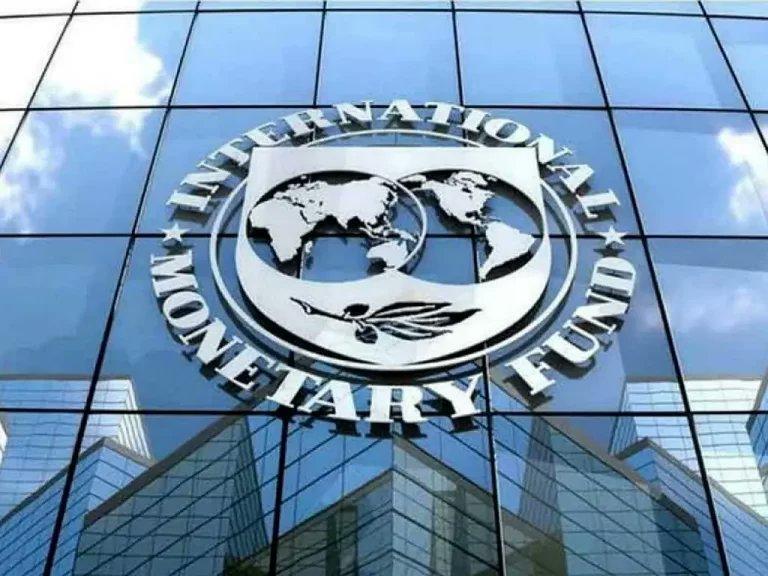
IMF Ignores India’s Objection, Approves $2.4-bn Funding Package for Pakistan
In a move that has sparked controversy, the Executive Board of the International Monetary Fund (IMF) has approved two bailout packages worth a total of $2.4 billion for Pakistan, despite strong objections from India. The funding package, which was approved on Friday, aims to support Pakistan’s economic stability and provide a much-needed boost to its struggling economy.
However, India’s concerns over Pakistan’s poor track record and the potential misuse of funds for state-sponsored cross-border terrorism were ignored by the IMF. According to reports, India had abstained from the IMF vote on the package, citing its reservations over the country’s ability to implement economic reforms and its history of poor governance.
The IMF’s decision to approve the funding package comes at a time when Pakistan is facing significant economic challenges, including a widening trade deficit, high inflation, and a severe shortage of foreign exchange reserves. The country’s economy has been struggling to recover from the impact of the COVID-19 pandemic, which had a devastating effect on its exports and remittances.
Pakistan’s economic woes have been exacerbated by its poor governance and lack of economic reforms, which have led to widespread corruption and inefficiencies. The country’s debt has also been rising rapidly, with the present government’s debt standing at over $90 billion.
In an effort to address these challenges, Pakistan has been seeking financial assistance from the IMF and other international lenders. The country had initially requested a $6 billion bailout package from the IMF, but the fund had initially offered a $2.3 billion package, which was later increased to $2.4 billion.
India’s objections to the funding package were based on its concerns over Pakistan’s ability to implement economic reforms and its history of poor governance. India had also raised concerns over the possibility of misuse of funds for state-sponsored cross-border terrorism, which has been a major concern for the country in recent years.
Pakistan has been accused of sponsoring cross-border terrorism in India, particularly in the context of the Kashmir conflict. The country has been providing financial and military support to militant groups operating in the region, which has led to numerous attacks on Indian soil.
India’s concerns over Pakistan’s role in cross-border terrorism were echoed by the US, which had also raised concerns over the country’s ability to implement economic reforms. The US had been pushing Pakistan to take concrete steps to address its economic challenges and implement reforms to improve its economic governance.
Despite India’s objections, the IMF has approved the funding package for Pakistan, citing its commitment to supporting the country’s economic stability and promoting economic growth. The fund had also praised Pakistan’s efforts to implement economic reforms and improve its economic governance.
The IMF’s decision to approve the funding package has sparked controversy in India, with many pundits criticizing the country’s decision to abstain from the IMF vote. Some have argued that India should have used its veto power to block the funding package, citing Pakistan’s poor track record and its history of poor governance.
Others have argued that India’s decision to abstain from the IMF vote was a pragmatic move, given the country’s limited influence on the global financial system. However, this decision has also been criticized for sending a signal that India is not willing to take a strong stand against countries that sponsor cross-border terrorism.
In conclusion, the IMF’s decision to approve a $2.4 billion funding package for Pakistan, despite India’s objections, has sparked controversy in the region. While the funding package aims to support Pakistan’s economic stability and promote economic growth, India’s concerns over the country’s poor track record and potential misuse of funds for state-sponsored cross-border terrorism remain valid.
It is imperative that the IMF and other international lenders take a more nuanced approach to providing financial assistance to countries like Pakistan, which have a history of poor governance and economic mismanagement. India, on the other hand, must continue to raise its concerns over Pakistan’s role in cross-border terrorism and push for concrete actions to address this issue.
Source:






